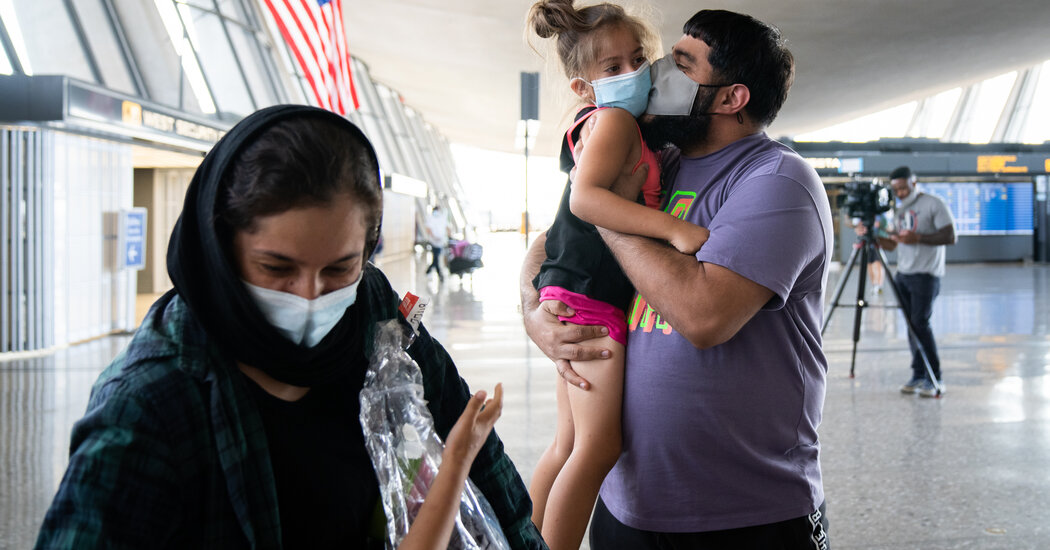
But in many cases, lawmakers gave up on the administration-led operation weeks ago, turning instead to their own connections to foreign officials, private organizations and individuals navigating private charter flights in and out of Afghanistan.
Concerned donors have given millions to an effort, called Operation Flyaway and led by the firm Raven Advisory, to assist with evacuations, compiling a list of more than 4,000 Afghans whom Americans were seeking to help. Veterans’ groups have sprung into action in volunteer efforts to organize what many call a digital Dunkirk. Some have taken it upon themselves to try to rescue Afghans they know personally from their time overseas.
Together with congressional offices, an informal support network has arisen to fill the gaps.
“It’s inspiring,” said Mr. Waltz, a former Green Beret who served in Afghanistan. “But at the same time, I think it’s a real testament to how badly the administration has dropped the ball.”
The frustration is bipartisan. When Representative Andy Kim, Democrat of New Jersey, sat down with a top State Department official over the weekend, he hoped it could provide the American family he was working to evacuate from Afghanistan with a lifeline.
Mr. Kim entered the meeting with a simple request: What was the best phone number the family could call for help?
“I was told no such number exists,” he wrote on Twitter.
In an interview, Mr. Kim, who served in Afghanistan as an Army strategic adviser, said his office had received more than 6,000 requests for help, many of them spearheaded by veterans or national security officers trying to assist their former colleagues in Afghanistan. The requests came in, he said, through “texts, WhatsApp, Signal, email, phone calls — just literally around the clock.”
“I tell them that I can make no promises here, but they feel what I feel, which is we have to try and not just sit on our hands,” Mr. Kim said.




